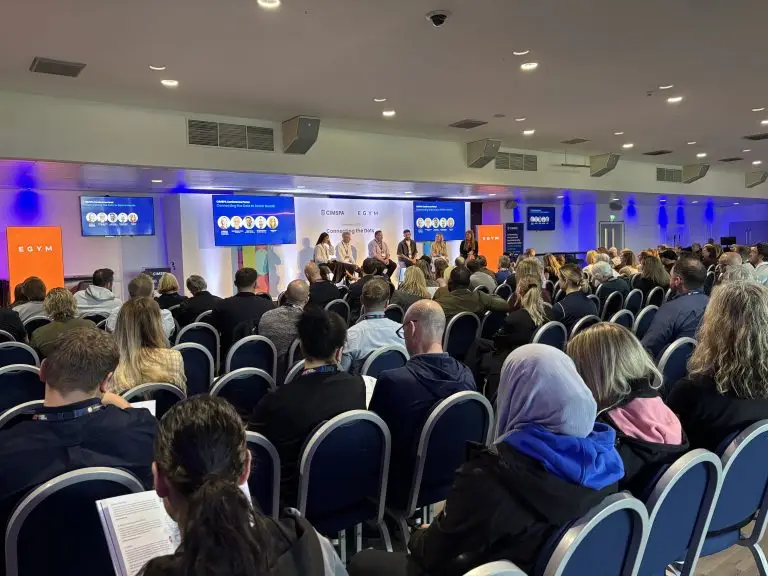More ball games please
A new campaign in London is calling for barriers to spontaneous play and activity to be banished to improve the health and wellbeing of young people.
In the heart of London, a quiet revolution is taking place. It’s a revolution that’s aiming to transform the streets and estates into vibrant, energetic playgrounds for young people.
The ‘More Ball Games’ campaign, launched earlier this year by London Sport in partnership with Saatchi & Saatchi, is challenging the long-standing presence of ‘No Ball Games’ signs that have, for decades, discouraged children from engaging in spontaneous play in communities across the capital.
These signs, which were erected to maintain order and reduce noise, have contributed to a decline in physical activity among young Londoners. With over 7,000 signs still displayed across the city, it’s estimated that more than 560,000 children and young people are being deterred from playing and staying active. Each sign removed has the potential to encourage up to 80 children to engage in outdoor play.
The campaign’s message is that play and activity is not a luxury but a necessity for every child’s development, happiness and future success. By advocating for the removal of these outdated signs, ‘More Ball Games’ aims to unlock public spaces, making them more inclusive and accessible for all forms of play.

Emily Robinson, Chief Executive of London Sport, said
”‘No ball games’ signs send the wrong message, especially to children and young people. For decades, they’ve quietly shaped the way Londoners, especially children and young people, experience their local environment. These signs send a clear, restrictive message that play isn’t welcome here.
These signs don’t just discourage play; they send a broader message that sport and physical activity isn’t for everyone, or that they belong only in certain places. But movement shouldn’t be limited to gyms, pitches or leisure centres. It should be woven into the everyday life of our city—on streets, in courtyards and across green spaces.
This campaign aims to drive policy change to remove barriers to active lives, starting with eliminating these signs.”
Montell Douglas OLY, a former Olympian and a London Sport Ambassador, has also lent her voice to the campaign. Passionate about increasing access to public spaces for physical activity, Montell emphasises the importance of environments where communities, especially young people, have the freedom to engage in play within their local areas. Reflecting on her own experiences, she said,
“I spoke about what it meant to play outside as an 80’s baby where the streets were my playground and freedom was all I knew. Pat ball against any spare wall was the game of choice and left us entertained for hours. But children and young people are being told they CAN’T play. It’s a RIGHT not a privilege. Movement is medicine.”
The campaign has already attracted support, including crucially from local councils and housing associations. In Lambeth, the initiative has been rolled out to shine a spotlight on youth inactivity and the role that restrictive signage plays in it.
Beyond the removal of signs, ‘More Ball Games’ is a call to reimagine public spaces, ensuring they are open, inclusive and conducive to play. It’s about driving a culture shift that places movement at the heart of healthy childhoods and communities.
As the campaign gains momentum, Londoners are encouraged to support the initiative by signing the petition and advocating for the transformation of their neighbourhoods into active spaces.
For more information and to get involved, visit the official campaign page at londonsport.org.










